PE
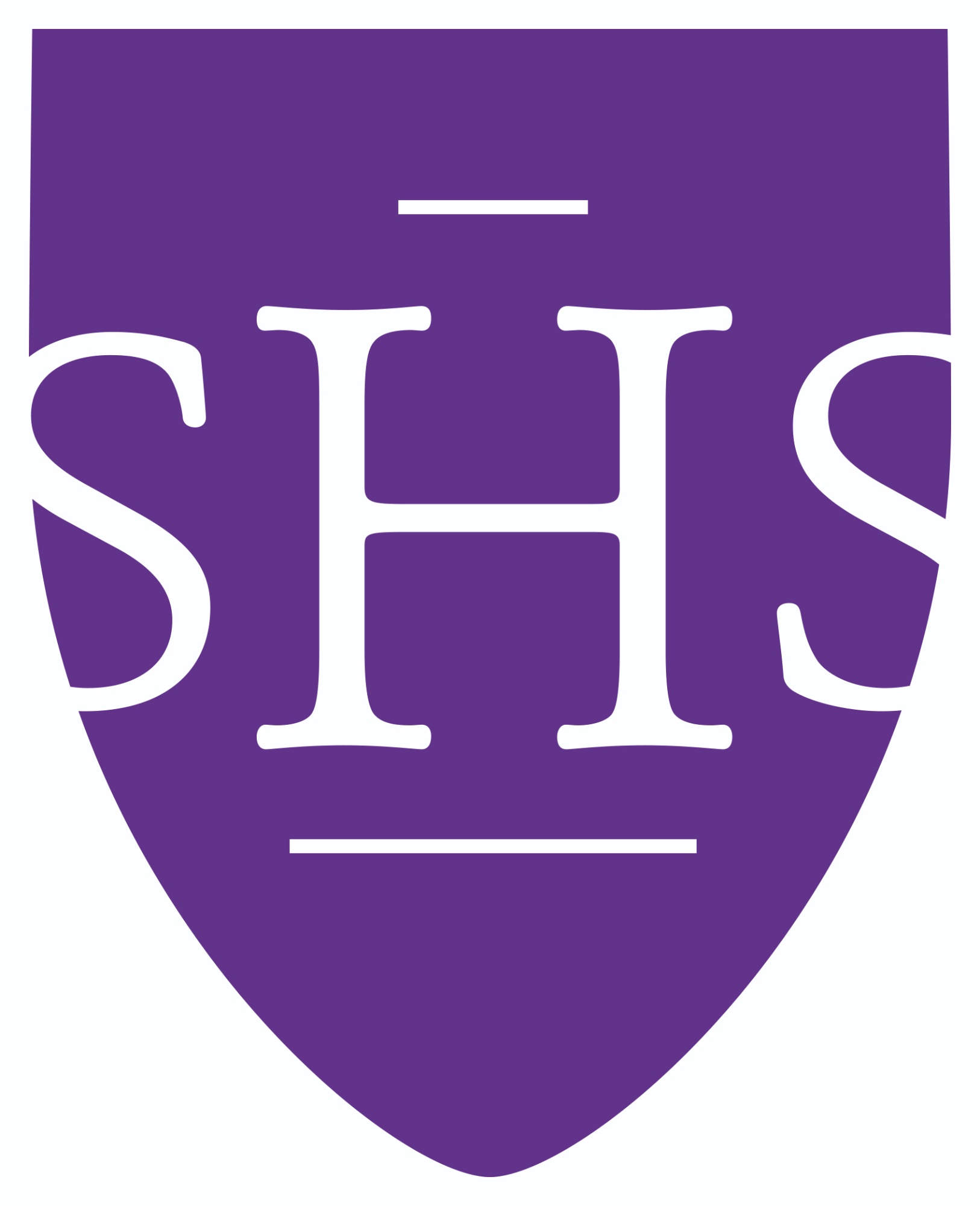
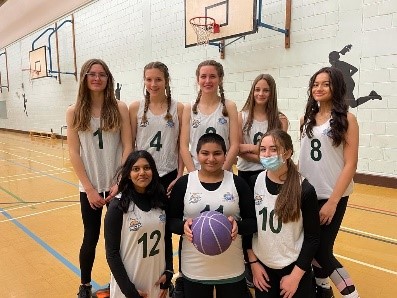

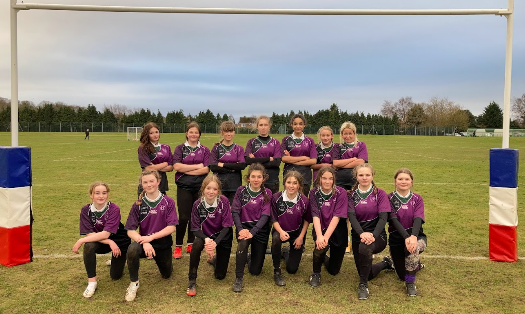
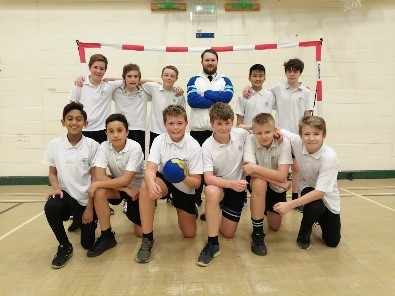
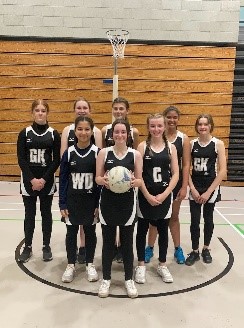
Physical Education
I’ve failed over and over again in my life. And that is why I succeed.
Michael Jordan
Physical Education at Springwood High School
Our vision: To promote lifelong participation, health and well-being through the provision of recreational and competitive physical activity.
Physical Education plays a vital role in the development of young people. A healthy active lifestyle provides a wide range of benefits in all aspects of life. As well as developing the obvious core skills and tactical awareness through various sporting activities, we are also concerned with the development of other educational qualities such as resilience, social and communicative skills, leadership, respect, empathy, problem solving skills, along with the development of knowledge and understanding of relevant concepts through our knowledge rich curriculum.
The Physical Education department is committed to teaching students the reasons why a healthy active lifestyle is important, and offering them guidance and opportunities to follow such a lifestyle through engaging in purposeful physical activity and sport.
Students are taught a wide range of physical skills and activities which have sufficient depth and breadth to enable our pupils to develop their full physical and mental confidence. We offer opportunities to develop these skills and apply them in a range of recreational and competitive situations.
We therefore see the variety of physical activity areas as a medium to develop and educate the ‘Whole Child’. Structured and developmental schemes of work provide for progression, challenge and a sense of achievement. The broad range of physical activities are appropriate to pupils’ experiences, ability and maturity aimed to support all pupils in their development of physical competence; promoting those skills necessary to effectively plan and evaluate physical activities safely and with confidence.
Leading a healthy active lifestyle has become a major cross-curricular issue and again plays a major part within the programme of study. The promotion of positive character traits is a core focus of the physical education teacher. Our programme offers our pupils the opportunity to experiment, investigate, observe and to discover for themselves, various principles of training and exercise. This understanding will arm them for when they have to make health-related decisions in the future.
In summary, our aim is to give every student a positive experience of physical activity and sport, allowing them the opportunity to develop this into a lifelong association with physical activity.
Curriculum - Intent, Implementation and Impact
The PE Curriculum
Intent Objectives
- Give students the physical skills and confidence, knowledge and social skills they need for a healthy balanced lifestyle.
- Provide students with the knowledge rich content needed to lead a healthy active lifestyle (applied anatomy and physiology, immediate and long-term effects of physical activity on the body systems, preparation and training methods, diet and nutrition).
- Develop a lifelong love of, and passion for, physical activity and sport.
- Support all students to become resilient and confident, giving them the opportunities to lead, cooperate with and challenge others.
- Provide the facility for leadership and officiating skills to develop.
- Raise students’ aspirations and equip them with the knowledge and skills to flourish in future careers in physical activity or sport.
- Provide opportunities for regular competitive physical activity and sport.
- Provide access to external providers of physical activity and sport.
- Foster the development of students’ character preparing them to make valuable contributions to the future of physical activity within society.
Implementation
- Pupils have full access to the Physical Education National Curriculum which is differentiated to meet pupils’ learning needs and styles.
- Via a variety of physical activities in curricular and extra-curricular programmes.
- Through fun and engaging PE lessons that are enjoyable, challenging, socially supportive and accessible to all.
- Providing opportunities for repetition to embed knowledge, increasing the chance of information recall and to integrate new knowledge into larger ideas.
- In conjunction with practical lessons and knowledge organisers, pupils are taught the fundamental theoretical PE knowledge rich content curriculum.
- Through access to intra and inter-school competition.
- Through leadership and officiating opportunities.
- Via links with external clubs and organisations.
- Through the delivery of GCSE and A-Level Physical Education.
Impact
- Leave school wanting to be physically active, maintaining a lifetime involvement in sport through participation, officiating and/or leadership.
- A lifelong appreciation of the benefits of regular physical activity and sport, enjoyment through involvement, and the development of transferable physical character traits and skills.
- Has the physical and emotional skills to influence their own lives.
- To motivate students (attitude to learning) to utilise these underpinning skills in an independent and effective way in order to live happy and healthy lives.
- An ability to gain employment within sport or access recognised Universities/Colleges to further study sport related courses.
Physical Education KS3/4 Summary:
In Key Stage 3, pupils will build on and embed the physical development and skills learned in Key Stages 1 and 2, become more competent, confident and expert in their techniques, and apply them across different sports and physical activities. They will understand what makes a performance effective and how to apply these principles within their own and others’ work. They should develop the confidence and interest to get involved in physical activity, sports and activities out of school and in later life and understand and apply the long-term health benefits of physical activity. Teachers use the framework of the physical activities to embed the knowledge rich curriculum
Throughout the stages, students are constantly asked how to outwit opponents; evaluate performances; analyse strengths and weaknesses; whilst developing, adapting and refining skills, strategies and tactics to produce high levels of performances and high-quality techniques.
Students should be able to recognise the benefits of and engagement within competitive sport, develop character and the competence to excel in a broad range of physical activities, are physically active for sustained periods of time and lead healthy, active lives.
Within Key Stage 4 pupils will build on their competencies developed in the previous key stages, tackling more complex and demanding physical activities. They will get involved in a range of activities that develops personal fitness and promotes an active, healthy lifestyle.
Click here for PE Curriculum Plan – for Key stages 3, 4 & 5 (core & examination)
PE Kit Policy
PE Kit Policy
The purpose of this policy is to ensure that all students are given the best possible opportunity to make progress within their lessons, their academic year and the key stage. Wearing the correct PE kit for each activity is also vitally important with regards to health & safety.
The policy is non-negotiable, and all Physical Education Department teaching staff will enforce it during each lesson. Students who fail to wear the appropriate kit to lessons will be required to borrow any clean piece of spare kit that may be available in the Physical Education Department. They may also consider asking a friend in another group to borrow their kit for the lesson. Students will receive a No PE Kit marks for failure to have the correct equipment for lessons. Three No PE Kit marks in one half term means the student will receive a behaviour point and will be required to attend a 15-minute detention. Four No PE Kit marks will equate to a 30-minute lunch detention and five will be a 1-hour detention after school, both resulting in behaviour points.
Students with medical notes must continue to bring their PE kit to all lessons and will be required to get changed so that they may take a supporting/leadership role within the lesson to assist their peers and member of staff. Medical issues that continue for more than two weeks will require a certified Doctor’s note which will be placed on the student’s file.
If a student loses their kit, they will be required to wear a substitute kit (plain in colour, not necessarily a Springwood High School one) until such time that they are able to purchase a new Springwood High School PE Kit.
Students will be reminded of these expectations on a regular basis and prior to each change in activity.
Representative Teams
Students selected to represent the School are advised to wear wet weather jacket/school sweatshirt and track pants/leggings for fixtures so that they can remain warm and comfortable.
Curriculum Map
Knowledge Rich Curriculum
The Key Stage 3 Knowledge Rich Curriculum
In conjunction with their practical lessons, students are taught the fundamental theoretical content to ensure they have a greater appreciation and understanding of how the body changes prior to exercise, during exercise of differing intensities and during recovery.
Each topic is supported by a Knowledge Organiser that details the key theoretical information and is assessed twice a year in a written assessment.
Please click on the relevant PE Knowledge Organiser:
|
Stages/principles of a warmup and cool down. Name and location of voluntary muscles. |
Immediate effects of exercise on the: Musculo-skeletal system. Cardio-respiratory system. |
Principles of training. Thresholds of training.
|
|
Function of the skeleton and names and locations of the bones. Types of bones and their function in sport. |
Exercise intensities and the effects on heart rates. Fitness components and their practical application. |
Long term effects of exercise on the: Musculo-skeletal system. Cardio-respiratory system. |
|
Types of joints and their movements. Structure and function of a joint.
|
Fitness tests: method, purpose and results analysis. Methods of training and the practical application. |
Diet: sources and functions. Consequences of a sedentary lifestyle.
|
GCSE Curriculum
Edexcel GCSE Physical Education
Students can study the Edexcel GCSE Physical Education in Years 10 & 11 as part of their GCSE option choices. They will receive 5 lessons across the two-week timetable.
GCSE Physical Education will equip learners with the knowledge, understanding, skills and values to develop and maintain their performance in physical activities and understand the benefits to health, fitness and well-being. This will require them to:
- Develop theoretical knowledge and understanding of the factors that underpin physical activity and sport and use this knowledge to improve performance.
- Understand how the physiological and psychological state affects performance in physical activity and sport.
- Perform effectively in different physical activities by developing skills and techniques and selecting and using tactics, strategies and/ or compositional ideas.
- Develop their ability to analyse and evaluate to improve performance in physical activity and sport.
- Understand the contribution which physical activity and sport make to health, fitness and well-being.
- Understand key socio-cultural influences which can affect people’s involvement in physical activity and sport.
As part of the non-examined assessment (NEA), students must compete in 3 physical activities, as outlined in the examination specification, either 2 team activities and 1 individual or vice versa. Any activities that a student is doing in their own free time that cannot be completed at school ie show jumping, must be filmed and uploaded to the Springwood GCSE PE Google drive.
Click here for the Edexcel GCSE PE Specification
Click here for the Edexcel GCSE PE Practical Performance Criteria
Click here for Component 1 - Applied Anatomy and Physiology Topic Booklet
Click here for Component 1 – Movement Analysis Topic Booklet
Click here for Component 1 – Physical Training Topic Booklet
Click here for Component 2 – Health, Fitness and Well-being Topic Booklet
Click here for Component 2 – Sport Psychology Topic Booklet
Click here for Component 2 – Socio-Cultural Influences Topic Booklet
A-Level Curriculum
AQA A-Level Physical Education
Students can study AQA A-Level Physical Education as part of their A-Level options choices. They will receive 10 lessons across the two week timetable.
A-Level Physical Education will equip learners with both a depth and breadth of knowledge, understanding and skills relating to scientific, socio-cultural and practical aspects of physical education. This requires them to:
- Develop theoretical knowledge and understanding of the factors that underpin physical activity and sport and use this knowledge to improve performance.
- Understand how physiological and psychological states affect performance.
- Understand the key socio-cultural factors that influence people’s involvement in physical activity and sport.
- Understand the role of technology in physical activity and sport.
- Refine their ability to perform effectively in physical activity and sport by developing skills and techniques and selecting and using tactics, strategies and/or compositional ideas.
- Develop their ability to analyse and evaluate to improve performance.
- Understand the contribution which physical activity makes to health and fitness.
- Improve as effective and independent learners and as critical and reflective thinkers with curious and enquiring minds.
As part of the non-examined assessment (NEA), students must compete in 1 physical activity, as outlined in the examination specification. The student must collate video evidence that must be uploaded to the Springwood A Level PE Google drive on a termly basis. The 10 lessons per fortnight are all theoretical lessons – therefore all practical is completed independently by the student in their free time.
Click here for the AQA A-Level PE Specification
Learning Pathway
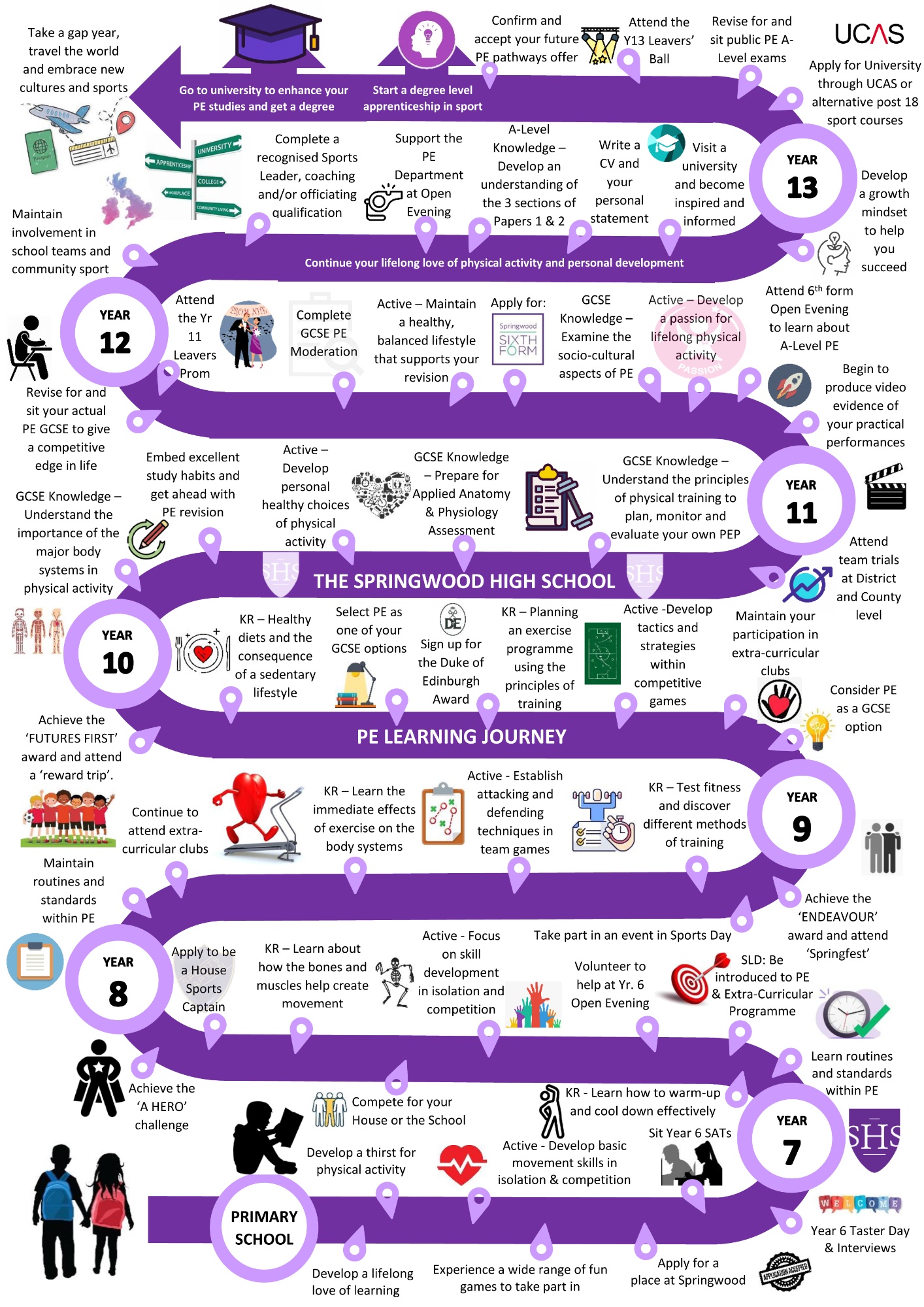
Extra-Curricular Physical Activity Timetable
Click here to view the latest Extra-Curricular Physical Activity Timetable
